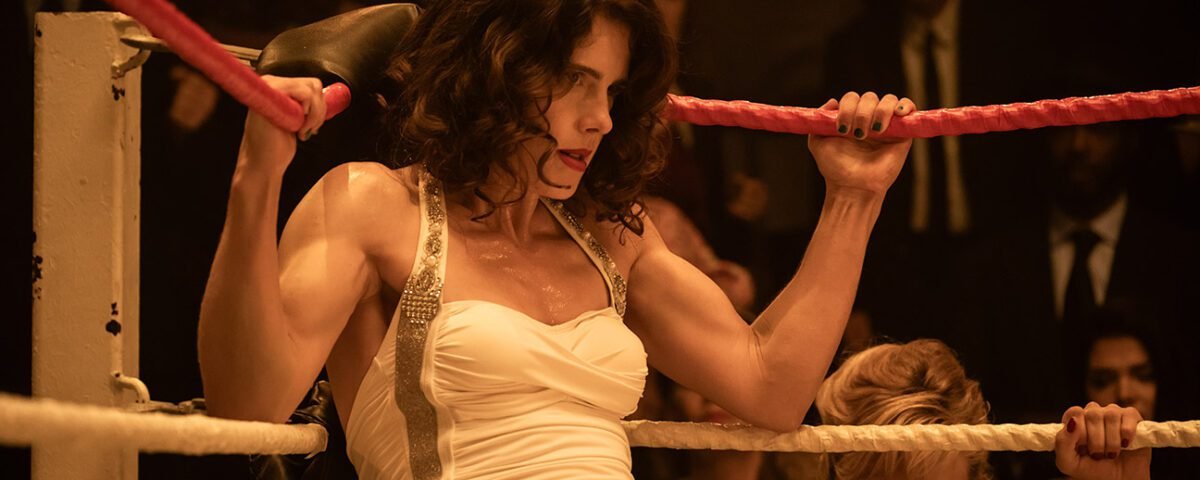


‘Stella Stevens: The Last Starlet’ Review: A Loving, Insightful Documentary Tribute to an Underrated Actress
November 19, 2024


‘Night Is Not Eternal’ Review: Nanfu Wang’s HBO Doc Is a Sharp, Timely Examination of the Fight Against Fascism
November 21, 2024Opening the Fort Lauderdale International Film Festival, the Ash Avildsen-directed drama chronicles the story of Mildred Burke, the first million-dollar woman athlete in history.
Queen of the Ring
Makes all the right moves.
Wrestling pics are having a moment. Last year saw the excellent, if unjustly ignored, The Iron Claw, about the ill-fated Von Erich brothers. Now comes Ash Avildsen’s hugely entertaining, old-fashioned biopic about Mildred Burke. If you don’t know who Burke is (and the vast majority probably don’t), this film aims to correct that. A pioneer of the sport who became the first million-dollar female athlete in history, Burke was a three-time women’s world champion from the 1930s through the 1950s, a time when women’s wrestling wasn’t even legal in most of the country. Her story fairly demands to be told, and Queen of the Ring, which served as the opening night film of the 39th annual Fort Lauderdale International Film Festival, largely does it justice.
When promoter Billy Wolfe (a charismatic Josh Lucas) swings by with his traveling wrestling show, she takes the opportunity to impress him by requesting a bout with one of his male wrestlers. The skeptical Billy lets her compete for his own amusement, but becomes a believer when she conquers her much larger opponent. He promptly takes her under his wing and she begins winning match after match against men at carnivals throughout the Midwest.
At a press conference during the festival, writer-director Avildsen ruefully commented that the story should have been told as a miniseries and that an hour had been cut from the film’s running time. The results are apparent onscreen, as Queen of the Ring suffers from an episodic quality that ironically makes it feel longer than it is.
As more and more characters are added — including such female wrestlers as Mae Young (a striking Francesca Eastwood), Elvira Snodgrass (Marie Avgeropoulos), June Byers (real-wrestler Kailey Farmer, making an impressive screen debut), Nell Stewart (Kelli Berglund), Gladys Gillem (Deborah Ann Woll) and Babs Wingo (Damaris Lewis), one of a trio of Black female wrestlers — the narrative choppiness becomes apparent. You’ll find yourself straining to keep up with the romantic and business plot developments that sometimes seem to come out of nowhere.
But it ultimately doesn’t prove too harmful, thanks to the inherently fascinating nature of the story and the cinematic quality with which it’s been rendered (which is not to say that considerable liberties haven’t been taken). The wrestling sequences are particularly visceral, with the actors, particularly Rickards, exhibiting such a fierce physical commitment that it’s easy to imagine that there must have been plenty of offscreen nursing care. (The filmmaker might have inherited his talent for fight scenes, since his father John Avildsen’s directing credits include Rocky and three Karate Kid films. One of the stars of the latter series, Martin Kove, plays a colorful supporting role here.)





